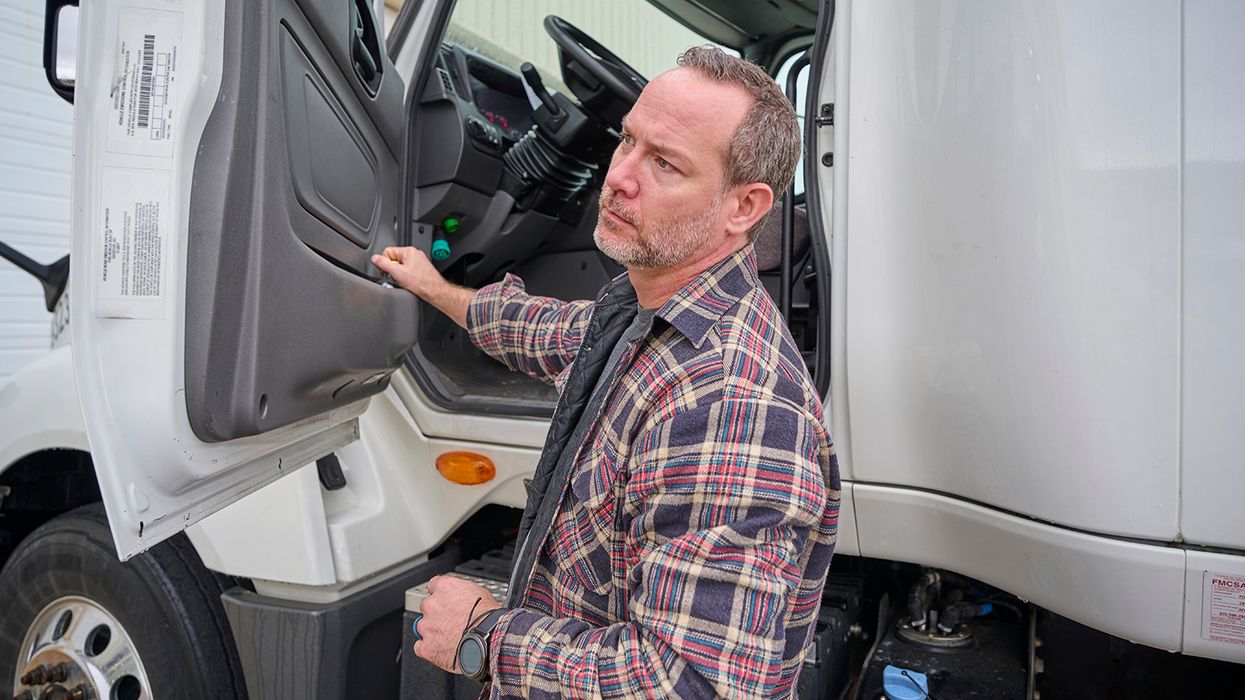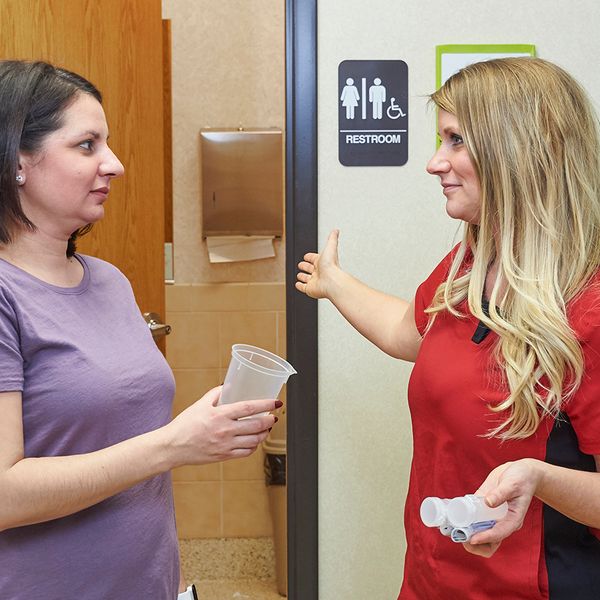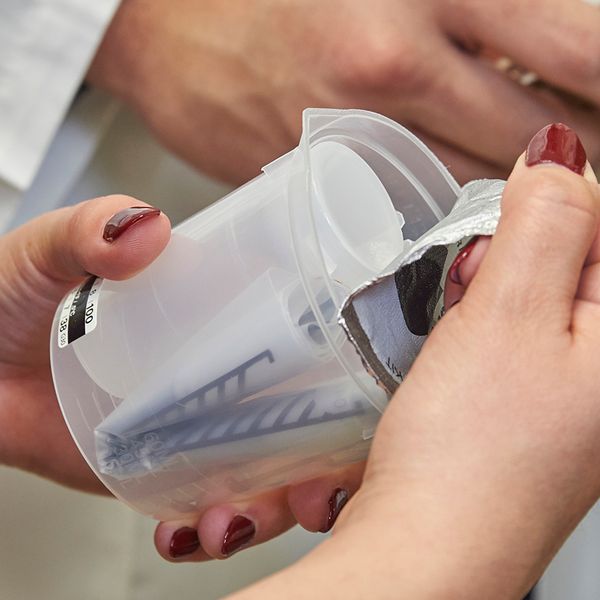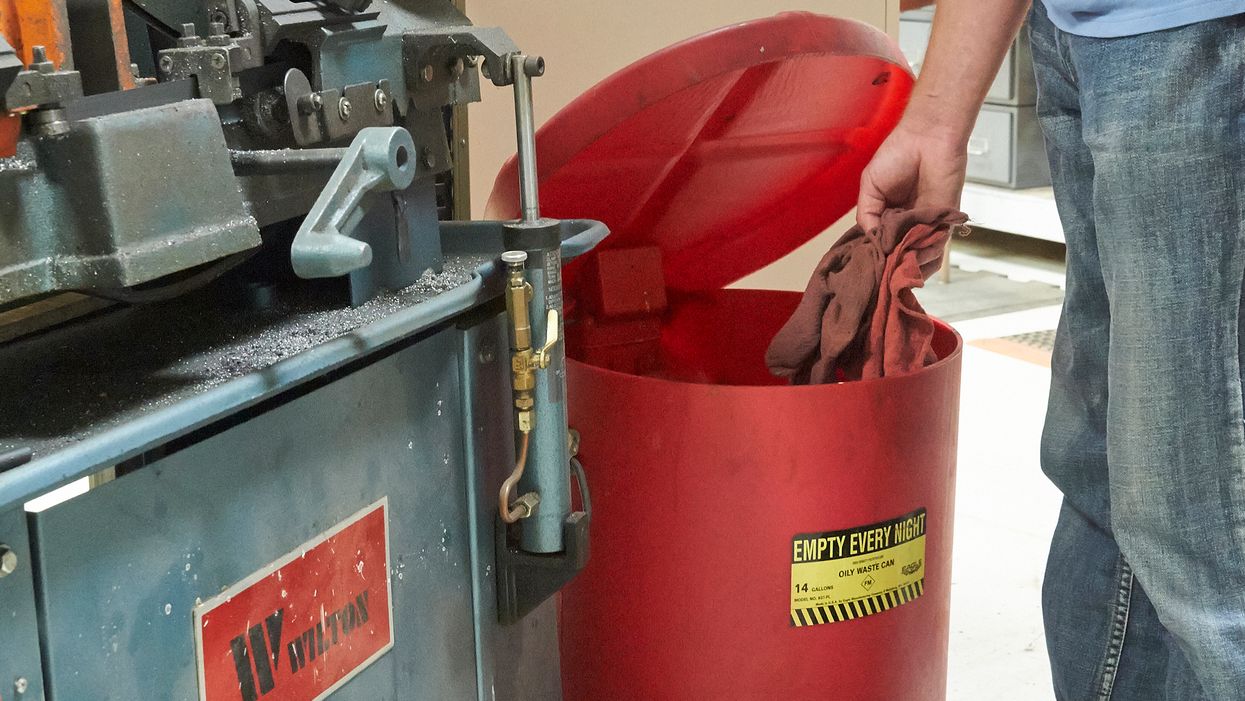Refusal-to-test scenarios: Who makes the final decision?
In June 2022, the CDL Drug and Alcohol Clearinghouse reported almost 20,000 drug and 719 alcohol refusals since its launch. This is 14 percent of the drug and 22 percent of the alcohol testing violations in the database since FMCSA began collecting information January 6, 2020. The data also revealed that refusals to test outnumber actual knowledge violations 7 to 1 for drugs and 1.4 to 1 for alcohol.
Making the judgment call
Who determines whether a driver has refused to test as outlined in 49 CFR Part 40? Some scenarios place the burden of responsibility on the medical review officer (MRO), while other times it’s left to discretion of the motor carrier. Whichever party makes the decision that a driver has refused to test is also the one who reports the violation to the Clearinghouse.
MRO’s decision
Two common refusal-to-test scenarios for MROs are the result of laboratory findings. When the lab indicates an adulterated or substituted specimen and the driver is unable to provide the MRO with an acceptable explanation, or if the driver admits to tamper with the specimen when contacted by the MRO during the verification process, the MRO reports the result as a refusal to test.
A shy bladder is another common occurrence that falls to the MRO to investigate. The MRO and motor carrier’s designated employer representative (DER) are contacted when a driver fails to provide an adequate urine sample after remaining onsite three hours. The driver is instructed by the DER to seek an evaluation from a licensed physician, acceptable to the MRO, within five days.
The MRO will report the test result as a refusal if:
- The driver does not pursue a medical evaluation within five days, or
- It is determined there is no adequate medical explanation for the shy bladder.
In the case of a pre-employment drug screen, the circumstances of a shy bladder are handled differently. The pre-employment test must be performed after a contingent offer of employment. If the test is performed prior to a job offer, the driver doesn’t have to pursue the medical evaluation. In this instance, the MRO cancels the test.
Motor carrier’s responsibilities
There are specific scenarios that allow the motor carrier to use its discretion to decide whether the driver’s actions constitute a refusal to test.
The following examples apply to both drug and alcohol testing:
- Failure to appear or showing up late for testing (with the exception of pre-employment testing);
- Failure to remain at the testing site until the testing process is complete (with the exception of pre-employment testing, unless the testing process has commenced);
- Failure to take an additional test as instructed by the motor carrier or collector; and
- Failure to cooperate with or interfering with the testing process.
Regarding drug testing, the motor carrier plays a role in determining a refusal when the driver:
- Doesn’t allow a direct observation or monitored collection,
- Fails to follow the collector’s instructions for a direct observation collection, and
- Admits to the collector that the specimen was adulterated or substituted.
MROs do not receive information about alcohol testing, so it up to the employer to report violations, including:
- An inadequate amount of saliva or breath specimen,
- No medical explanation for an inadequate specimen,
- Failure to seek out a medical evaluation following an inadequate specimen, and
- Failure to sign the certification at Step 2 of the Alcohol Testing Form.
After making a refusal to test determination, motor carriers must provide drivers with all documentation reported by the carrier to the Clearinghouse about the refusal (see 382.705(b)(3)(iv)).
What about extenuating circumstances?
Motor carriers have a certain amount of discretion when determining a refusal to test.
For example, if a driver legitimately had to leave the collection site, and the motor carrier can verify it, they don’t have to deem the test as a refusal. Suppose the driver claimed to have received a phone call from the school, and the driver’s child was injured and needed medical attention. If the driver can provide documentation to corroborate the story, the motor carrier makes a judgment call on whether it is a refusal to test.
Key to remember: Part 40 procedures provide specific situations when the MRO and motor carrier must determine a DOT refusal to test.























































